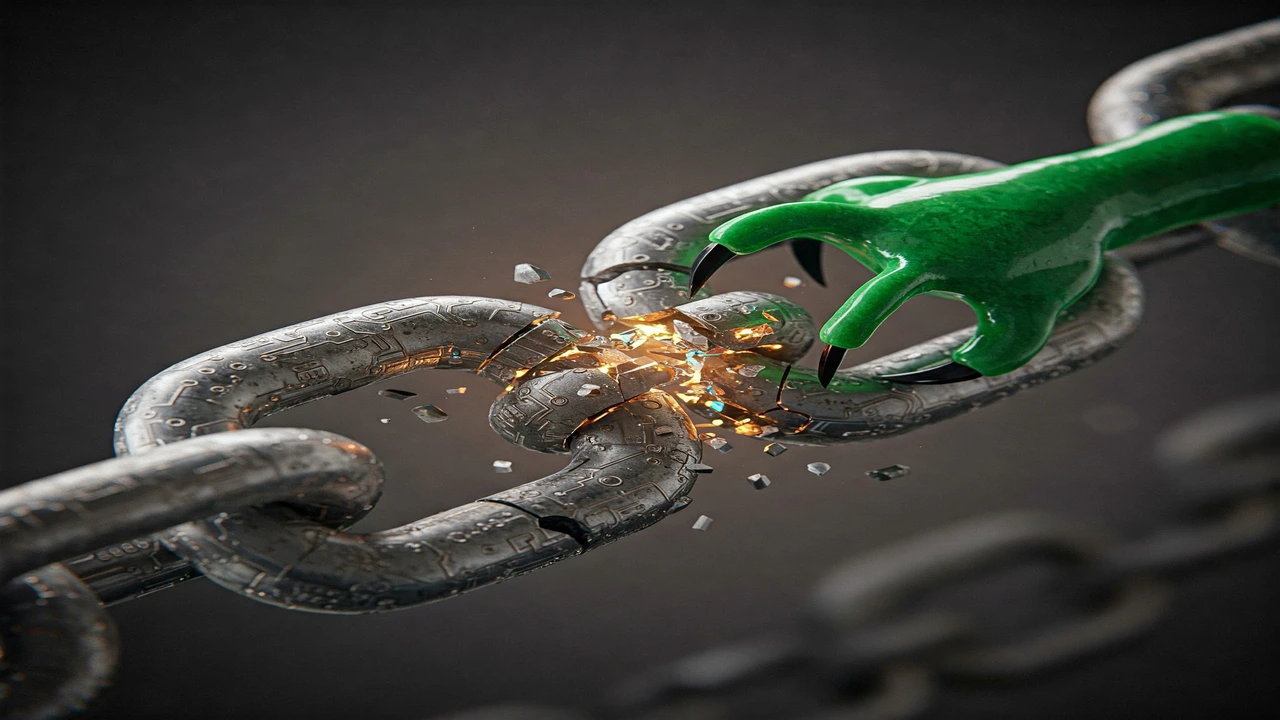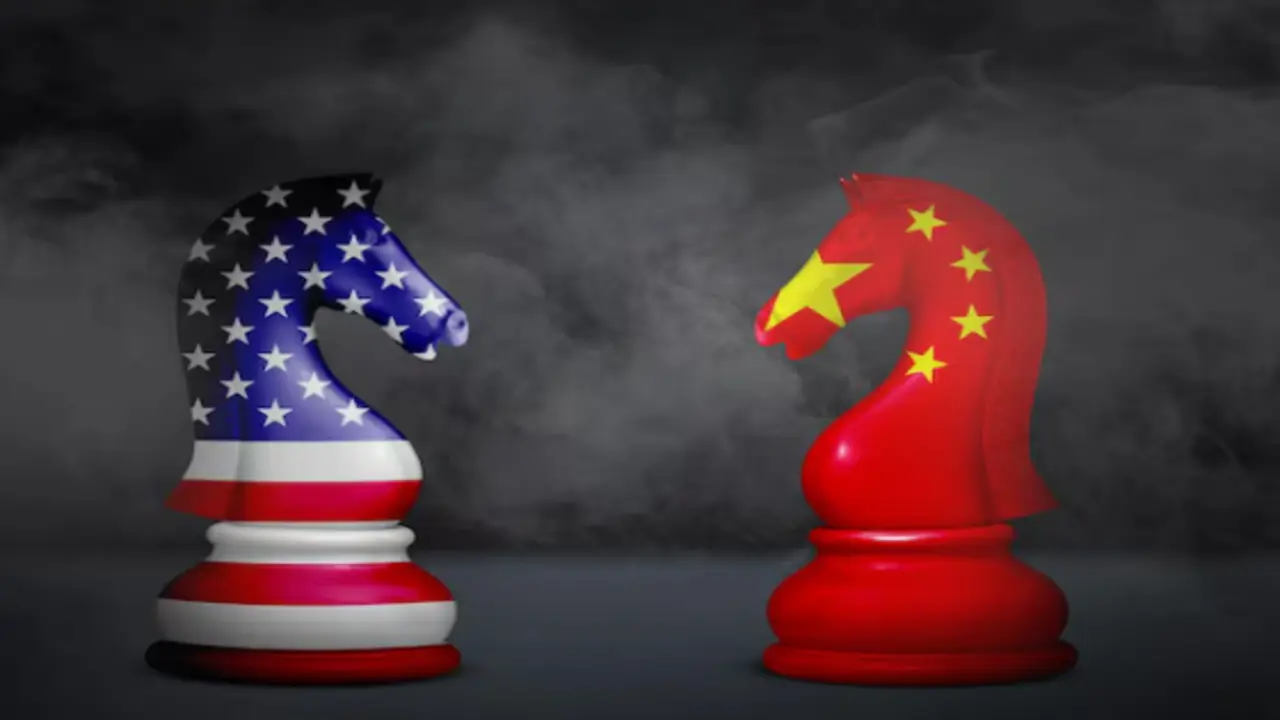China has imposed a ban on the export of rare earth mining technology, a move set to rattle global supply chains and ignite fresh geopolitical tensions.
The decision, announced this week, cites national security concerns but is widely seen as a strategic effort to tighten control over critical raw materials essential for modern technologies.
The restriction is expected to hit industries reliant on rare earth elements, from electric vehicle makers and wind turbine manufacturers to defense contractors and smartphone producers.
China currently dominates the rare earth market, accounting for approximately 75% of global production and nearly 90% of processing capacity.
“This is not just a regulatory adjustment—it’s a geopolitical message,” said analysts tracking global trade flows. “China is signaling it’s ready to weaponize its rare earth dominance.”
Rare earth elements, a group of 17 minerals, are essential in clean energy systems, military hardware and advanced electronics. According to the International Energy Agency, demand for these materials could surge sevenfold by 2040.
Western governments have responded with urgency. The European Union is weighing action at the World Trade Organization, while the United States has launched a probe into Chinese semiconductor sourcing. US Commerce Secretary Gina Raimondo also referenced a congressional report calling for a reset in US-China economic relations, citing growing dependency risks.
China’s ban marks a shift in the global balance of technological power and intensifies calls among Western nations to secure alternative supply routes and reduce strategic reliance on Beijing.


